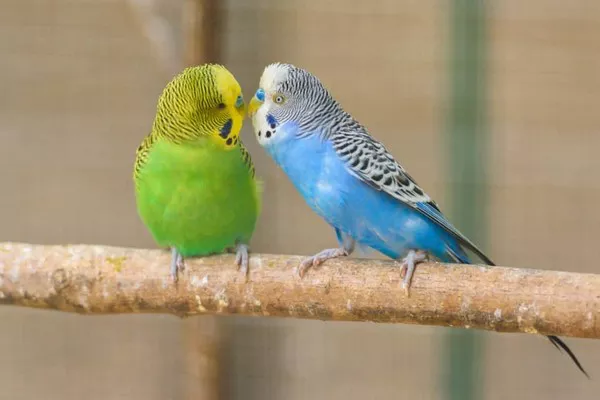Cockatiels, with their vibrant plumage and charming personalities, have long captured the hearts of bird enthusiasts around the world. As potential pet owners, understanding the lifespan of these beloved birds is crucial for fostering a lasting companionship. In this article, we will explore the factors that influence the lifespan of cockatiels, their average lifespan, and essential considerations to ensure their well-being and longevity.
Factors Influencing Cockatiel Lifespan:
- Genetics and Species Variations:
The lifespan of a cockatiel can be influenced by various factors, including genetics and species variations. The genetic makeup and inherent predispositions of each individual bird play a significant role in determining its overall lifespan. Additionally, the specific type or subspecies of cockatiel can also impact their lifespan. The most common subspecies, the Normal Grey cockatiel, generally has a similar lifespan to other variations.
- Diet and Nutrition:
Proper nutrition plays a vital role in the longevity of cockatiels. A well-balanced diet that includes a variety of fresh fruits, vegetables, high-quality seeds, pellets, and occasional protein sources is essential. Avoiding an excess of fatty and sugary treats while ensuring an adequate intake of essential nutrients promotes good health and extends their lifespan.
- Housing and Environment:
Creating a suitable living environment is crucial for the well-being and longevity of cockatiels. Providing a spacious cage that allows for exercise and flight, along with stimulating toys and perches of different sizes, helps maintain physical and mental health. Additionally, a clean and safe living environment, free from harmful chemicals, fumes, and potential hazards, minimizes the risk of accidents or health issues that can impact their lifespan.
- Veterinary Care and Regular Check-ups:
Routine veterinary care is essential to ensure the overall health and well-being of cockatiels. Regular check-ups, vaccinations (where appropriate), and preventive treatments for parasites help identify and address any potential health concerns early on. Timely veterinary intervention can significantly impact the lifespan of a cockatiel by addressing health issues promptly and providing necessary treatments or medications.
Average Lifespan of Cockatiels:
On average, cockatiels have a lifespan of 15 to 20 years in captivity. However, with proper care and attention, it is not uncommon for these charming birds to live well into their twenties or even thirties. Individual cockatiels may exhibit slight variations in lifespan due to genetics, environmental factors, and overall quality of care.
Factors Contributing to Longevity:
- Nutritional Excellence:
Providing a well-balanced and nutritionally rich diet is crucial for the long-term health of cockatiels. A diet consisting of fresh fruits, vegetables, high-quality seeds, pellets, and occasional protein sources ensures they receive the necessary vitamins, minerals, and nutrients to support their immune system and overall well-being.
- Mental Stimulation:
Cockatiels are intelligent and social creatures. Engaging them in regular mental stimulation, such as providing toys, puzzles, and interactive playtime, helps prevent boredom and promotes mental agility. This engagement contributes to their overall happiness and can positively impact their lifespan.
- Social Interaction and Bonding:
Cockatiels thrive on social interaction and companionship. Regular human interaction, as well as interaction with other compatible birds, can significantly contribute to their emotional well-being and lifespan. Developing a strong bond with your cockatiel through gentle handling, positive reinforcement, and spending quality time together fosters a sense of security and contentment.
- Environmental Enrichment:
A stimulating and enriched environment is essential for the physical and mental health of cockatiels. Providing a spacious cage with various perches, toys of different textures and shapes, and opportunities for flight and exercise promotes their natural behaviors. A healthy and engaging environment helps prevent stress-related issues and supports their overall longevity.
Conclusion:
Cockatiels, with their playful personalities and stunning beauty, can bring immense joy and companionship to our lives. Understanding the factors that influence their lifespan and providing the necessary care and attention is crucial for ensuring their well-being and longevity. By offering a nutritious diet, a safe and stimulating environment, regular veterinary care, and ample social interaction, we can maximize the lifespan of these delightful avian companions. With proper care, love, and attention, cockatiels can live fulfilling lives, sharing their charm and affection with us for many years to come.
Recommended reading:


























